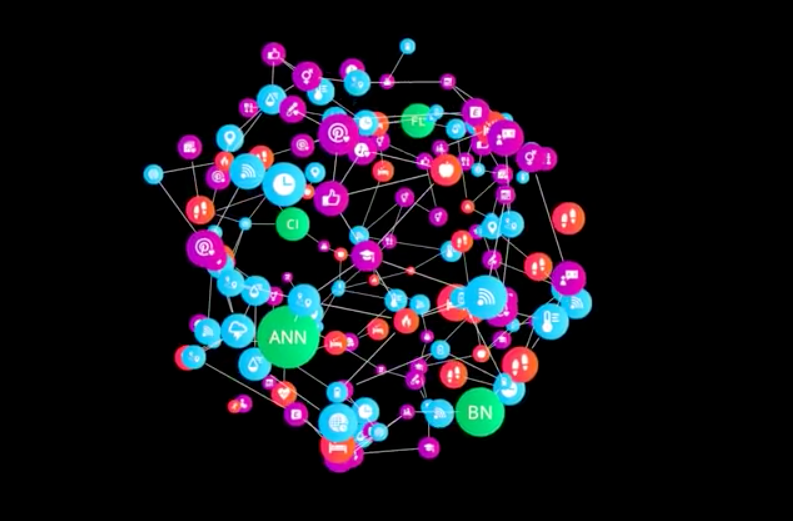Hossein Rahnama, a prominent figure in the artificial intelligence field and founder and CEO of Flybits, a company which allows customers to have “micro-personalized” experiences through contextual intelligence, seeks to create a technology which will allow users to virtually consult deceased members of societies. The specific goal of this project was to create a digital, interactive avatar for a CEO who had died: an AI platform would synthesize the deceased CEO’s previous data and correspondences to help generate an accurate persona. Future CEO’s and employees would then be able to consult the digital avatar and ask them how they would have responded to certain situations or problems. This program has widely become known as Augmented Eternity.

Though the beginnings of this project are quite peculiar, Rahnama postulates that Augmented Eternity can have numerous applications for the living too. An algorithm would sort through all of your data and communications to generate a persona which resembles your personality. You could then share this persona with friends, family, or coworkers, in which they’d be able to communicate with “you” through your interactive avatar. With our online footprints growing so large, gathering information is not too taxing for most modern technology; however, it has proven to be extremely difficult to replicate the complexities of human nature. But, Rahnama thinks he knows how to improve these augmented personas: he suggests that the missing piece which most interactive AI machines lack is context.

Even within our own lives we act differently depending on our environment, mood, who we are communicating with, etc. To address the obstacle of recreating intricate human networks, Augmented Eternity examines various aspects of an individual’s online presence in context, such as their linguistic patterns and emotional reactions. By doing this, the user is able to have a better, more personalized “human” experience with an avatar.
Rahnama recognizes that this initiative is controversial: not only does it call into question privacy rights in an age where our information is so readily available to others, but it also encourages individuals to reexamine data ownership (specifically concerning the deceased). Furthermore, this technology seems to border the line of being unethical. It is universally agreed that AI devices should not replace roles which necessitate human emotions, such as a soldier. The technology in question, however, is liable to disrupt the most basic relationships. Younger generations have already become heavily reliant on social media to communicate; applications like Augmented Eternity would further eliminate the need for human to human interaction and would completely alter the interhuman dynamics which we abide by today.
